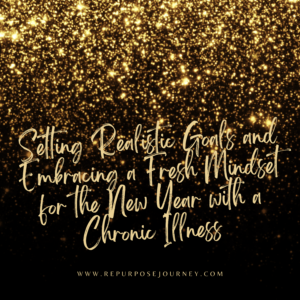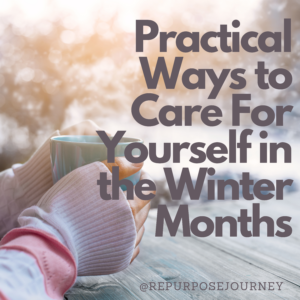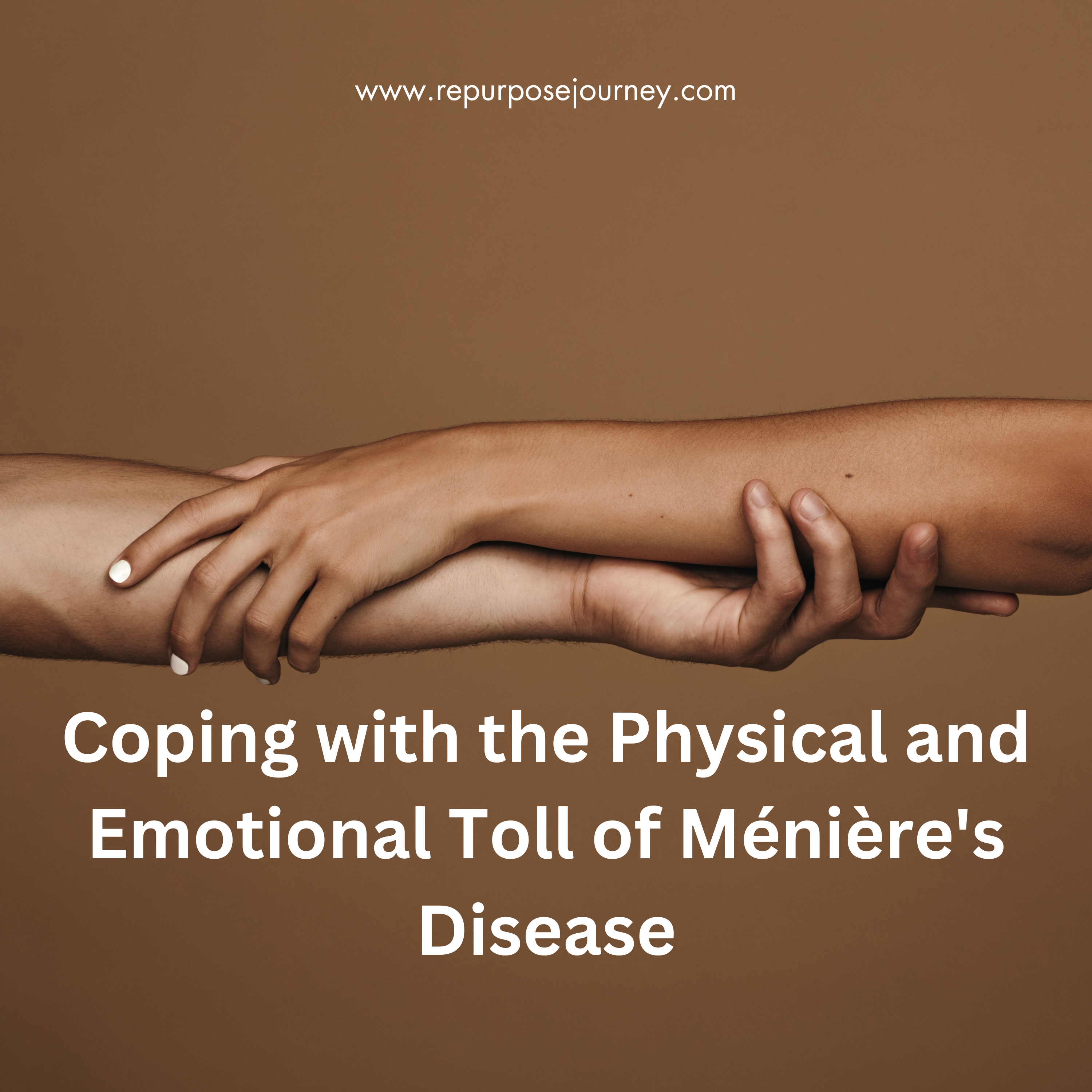How do we cope with the physical and emotional toll of living with a chronic illness, specifically Ménière’s Disease?
If you’ve been following my journey, you know that Ménière’s has affected my life in so many ways—dizziness, tinnitus, headaches, vision issues… It can be overwhelming. But one of the most important things I’ve learned over the years is how deeply intertwined our mental, emotional, and physical health really are.
Living with a chronic condition like Ménière’s doesn’t just take a toll on your body. It affects your mind and spirit as well. The physical symptoms are hard enough, but the emotional and mental strain can sometimes feel even heavier. So today, I want to explore how we can address both the physical and emotional aspects of chronic illness and how to find a sense of balance through it all. And I just want to say, yes, we are talking about this, but by no means do I have it all figured out! I am just a girl living this life the best I can!
Let’s start by talking about the physical toll. For those of you living with chronic illness, you know how exhausting it can be—physically, mentally, and emotionally. Some days, it feels like your body is working against you, and it’s easy to slip into frustration or even despair. But I want to remind you that it’s okay to acknowledge those feelings. It’s normal to feel upset, worn out, and sometimes even lost in the struggle. What’s important, though, is learning how to navigate those days without letting them define you.
I’ve found that listening to your body is one of the most powerful ways to cope. Our bodies give us signs, even when we’re not fully aware. Whether it’s needing rest, taking a break from stressful situations, or adjusting your routine—taking care of your body helps manage the physical toll and can also ease the emotional strain. A lot of the signs I’ve learned about, I ignored for a long time. I didn’t realize that was why X was happening. So if you’re still learning, that’s okay! We’re all on this journey together.
The emotional toll—and this is where the mind-body connection really comes into play. It’s no secret that stress, anxiety, and depression can manifest physically in the body. Chronic illness can bring a lot of uncertainty, which can trigger feelings of fear or frustration. These emotions can add weight to an already heavy load.
Anxiety and depression are battles I’ve fought—and will continue to fight—every day. The weight of the unknowns, the constant “what-ifs,” and the possibilities of what might happen in the future can feel overwhelming. It’s like carrying a heavy load, one that doesn’t always have a clear path to relief. But acknowledging these struggles is part of the journey. It’s okay to recognize when the weight becomes too much. I’ve learned that some days, it’s not about pushing through, but about allowing myself to feel, to process, and to seek support when needed. The challenge isn’t just in the physical symptoms of chronic illness, but also in how it affects your mental health. And it’s okay to admit that it’s hard—it doesn’t make you weak. It makes you human.
Creating healthy outlets for emotional expression has been crucial in my own healing journey. Whether it’s journaling (one of my all-time favorites), talking with a trusted friend, practicing mindfulness, or engaging in creative activities like dancing, painting, or design—these activities allow me to release pent-up emotions and ease mental tension. I’ve also learned that giving myself grace on tough days is essential. It’s okay to have a bad day; it doesn’t mean you’re failing—it means you’re human. And I’ll admit, I’m not always great at this. I tend to push through and avoid showing weakness or at least trying to, but I’ve learned the hard way that this approach doesn’t serve me well. So, trust me when I say—it’s okay to take a step back and honor your own needs.
Finding Balance: Nurturing Mind, Body, and Spirit
So, here’s the key: balance. It’s about finding harmony between taking care of your physical health and nurturing your emotional and mental well-being. The truth is you don’t have to do it all perfectly. There’s no one-size-fits-all solution, but incorporating small, intentional practices into your routine can truly make a difference.
Start with things like meditation or deep breathing exercises to help quiet your mind and reduce stress. Even just taking a few minutes to center yourself can bring a sense of calm. Make time for the things that bring you joy, whether that’s reading, spending time with loved ones, or being in nature. Connecting with your faith—through prayer, scripture, or reflection—can provide a deeper sense of peace and purpose. And don’t forget to prioritize rest. Our bodies and minds need time to recharge.
Balance is not about perfection; it’s about being kind to yourself and honoring your needs, no matter how small they may seem.
Chronic illness may be a part of your story, but it doesn’t define you. Your strength lies in how you manage both the physical and emotional challenges, and in finding peace and purpose amidst it all.
If you’re living with a chronic condition, I see you. Your journey is unique, and it’s okay to ask for help, seek balance, and prioritize your well-being. Remember, you are not alone on this journey.
Thank you for joining me here at Repurpose Journey! I would love for you to stick around so sign up for our monthly newsletter and if you love listening to podcast give us a subscribe! Until next time!



